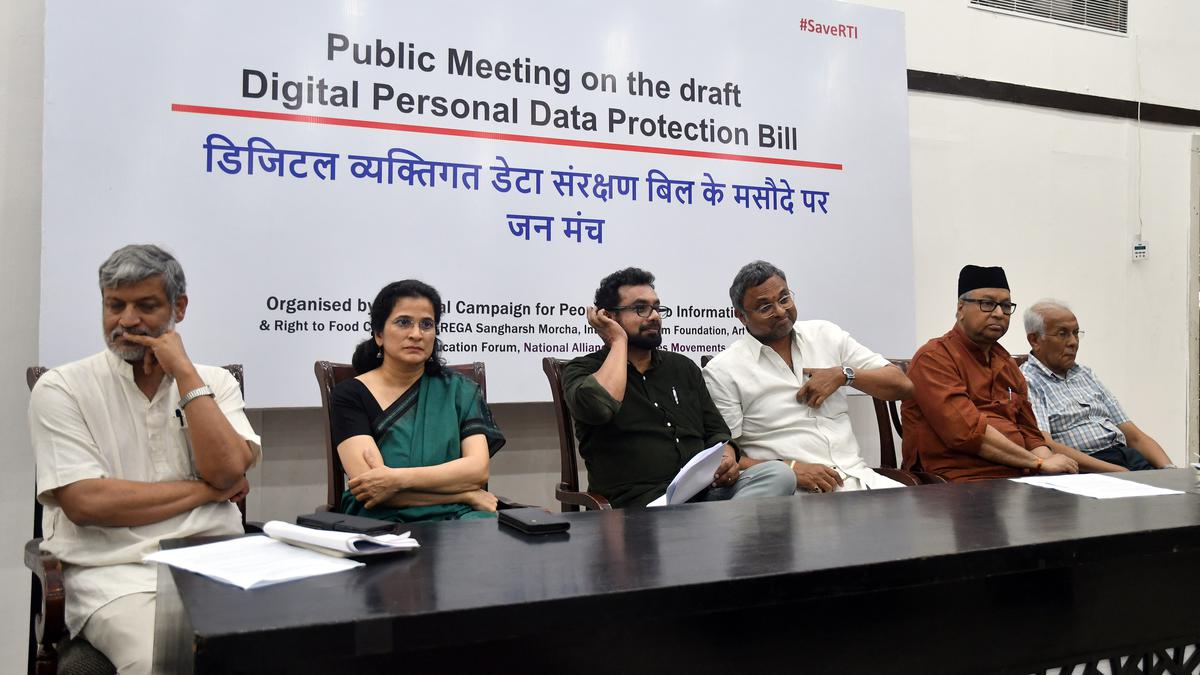In a display of strong dissent, the opposition parties staged a walkout during a crucial parliamentary panel meeting over the contentious Personal Data Protection Bill. Raising serious concerns over privacy and surveillance implications, the opposition cited the need for further deliberations and transparency in formulating legislation that safeguards citizens’ data rights.
The parliamentary committee meeting, scheduled to discuss the proposed Data Protection Bill, witnessed heated debates and disagreements as opposition members expressed reservations regarding certain provisions in the bill. The proposed legislation aims to regulate the collection, storage, and usage of personal data, ensuring data protection and privacy for Indian citizens.
Several opposition members voiced apprehensions over potential breaches of privacy, claiming that certain clauses in the bill could enable excessive surveillance and undermine individual freedoms. They emphasized the need for comprehensive discussions and public consultations to address these concerns adequately.
The contentious bill has been the subject of intense scrutiny and debate, with stakeholders from various sectors expressing divergent views on its impact and implications. Technology companies, consumer rights organizations, and legal experts have all contributed to the discussions, offering their perspectives on striking a balance between data protection and promoting innovation.
The opposition’s decision to walk out of the panel meeting signals the urgency of addressing the complex and critical issues surrounding data privacy in the digital age. Opposition leaders have urged the government to consider the concerns raised by citizens and stakeholders and make necessary amendments to ensure robust safeguards against potential data misuse.
The Data Protection Bill holds immense significance as it aims to empower individuals with greater control over their personal data while holding entities accountable for responsible data handling practices. However, achieving a consensus on the bill has proven challenging due to the diverse interests and perspectives involved.
Amid the ongoing discussions, the government has reiterated its commitment to creating a strong data protection framework that balances the interests of both individuals and businesses. The parliamentary committee remains open to further consultations with stakeholders to address apprehensions and build consensus on the bill’s final version.
As the Data Protection Bill enters a critical phase of review and revision, policymakers face the task of finding common ground and drafting legislation that upholds data privacy and protects citizens’ rights in the digital realm. Transparency and inclusivity in the decision-making process will play a crucial role in shaping a data protection law that reflects the aspirations and concerns of the Indian population.










